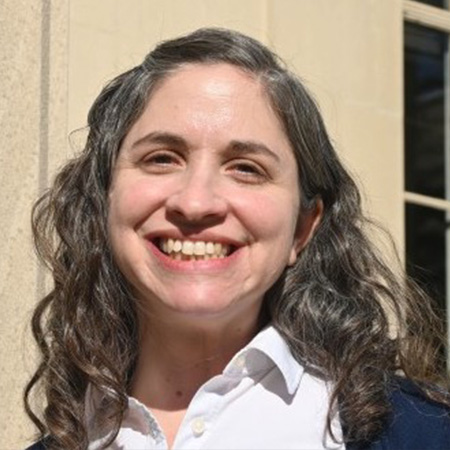Teaching During Tense Political Times: Acknowledging the Election in the Classroom
On Tuesday, October 29, Ray Feller and Jane Abbott provided us with their experiences, perspective and insights on how faculty and instructors can navigate discussions around the 2024 election in today’s polarized political climate However, these strategies are also relevant during any time tensions and emotions are high.
Below, you will find the slides from the talk, as well as additional resources that were shared during the presentation.
Resources
Questions for small group discussion (pick one to discuss):
- Which of these moral foundations were you taught growing up? Which are most important to you now?
- Think of a person who has shaped your worldview. What values have they instilled in you?
- Tell a story about how one of these showed up in your life recently.
- Have you changed your view of one of these? How did that happen?
- Or have you changed your view about some important issue in your life? How did that happen?
Questions posed in chat:
- Share some of the worries you have about teaching during tense political times.
- Name a tool you use to manage stress.
- What do you plan to do in your classes/work spaces? (It can be something you already planned or something you have just come up with today!)
- What are you worried about in your classroom or workspace?
Additional resources
- MIT Center for Constructive Communication
- Take Care of Yourself. DoingWell’s centralized website that lists tips, resources, and supports (including election specific supports) available for students during challenging times. There is also a resource page in the Faculty/Staff section
- Constructive Dialogue Institute (CDI) is a non-profit organization that develops research-based educational tools, resources, and frameworks to equip schools, universities, and workplaces with a shared language and practical set of skills to build inclusive cultures and engage constructively across differences. Below are some of their offerings:
- Free webinar Tuesday, November 19 at 3:00 pm: Rebuilding Resilient Campus Communities: Strategies for Healing and Preparing for Future Challenges.
- CDI’s Perspectives, is a free 6-session evidence-based blended learning program that equips students with practical skills to engage in dialogue across lines of difference.
- Uncovering the Psychological Roots of Political Divides, a 10-minute online module from CDI’s Perspectives learning program was recognized for its significant impact in the Stanford Democracy Challenge Megastudy1

About the Speakers
Prior to coming to MIT, Ray Feller spent ten years in Community Mental Health, where she worked with people from the ages of 4 to 88. She has worked with students in school settings, including the whole educational spectrum: K-12 and higher ed. Ray is particularly interested in empowering students to become successful self-advocates at MIT and, later, in “real life.”

Jane Abbott came to MIT after eighteen years in industry, where she worked with teams and individuals to improve collaboration. Her focus is on how to produce communication that is effective and authentic; in particular, how listening in its many guises guides the ways in which we write, speak, meet, lead, influence, and collaborate.
- Voelkel, J. G., Stagnaro, M. N., Chu, J. Y., Pink, S. L., Mernyk, J. S., Redekopp, C., Ghezae, I., Cashman, M., Adjodah, D., Allen, L. G., Allis, L. V., Baleria, G., Ballantyne, N., Van Bavel, J. J., Blunden, H., Braley, A., Bryan, C. J., Celniker, J. B., Cikara, M., . . . Willer, R. (2024). Megastudy testing 25 treatments to reduce antidemocratic attitudes and partisan animosity. Science, 386(6719). https://doi.org/10.1126/science.adh4764 ↩︎

